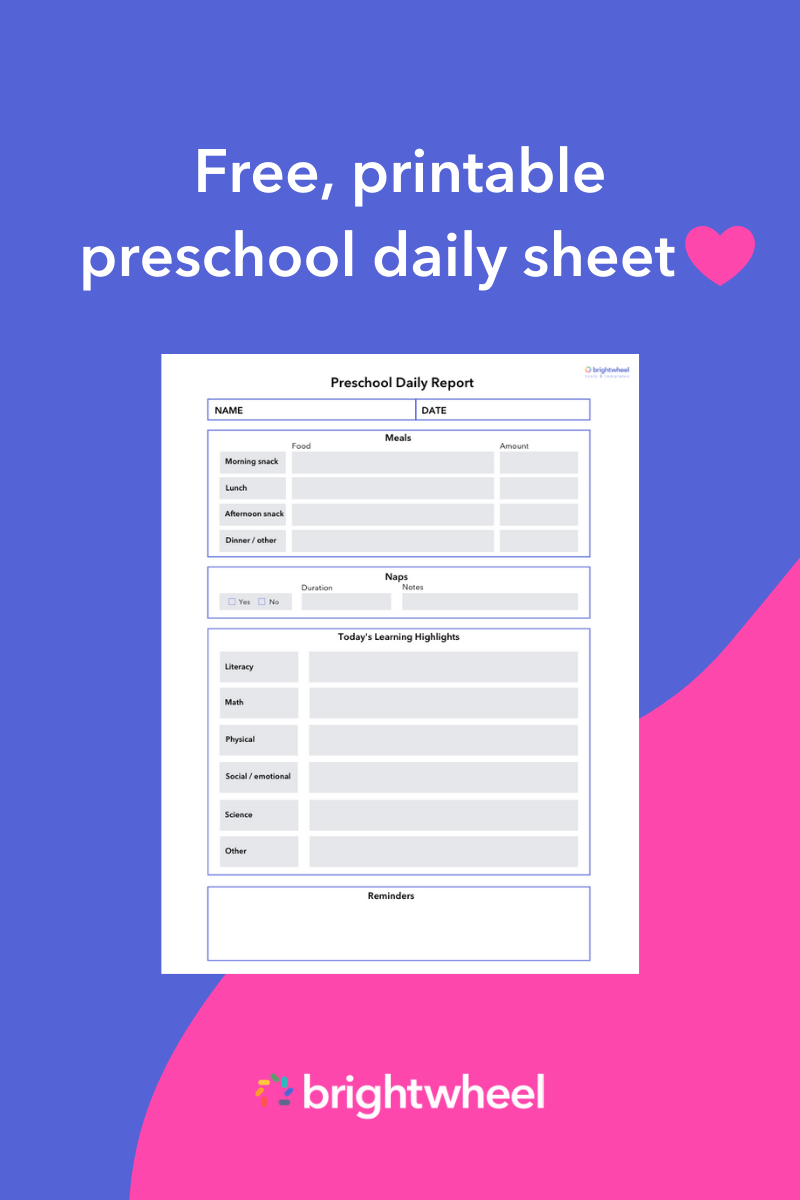Understanding child mental health is crucial for early childhood teachers who play a significant role in shaping young minds. Recognizing the signs of mental health issues, providing a supportive classroom environment, and knowing when to seek professional help are essential skills for educators.
This article aims to equip early childhood teachers with the knowledge and tools needed to foster the mental well-being of their students. By addressing the mental health needs of children, teachers can create a nurturing and positive learning experience that promotes both emotional and academic growth.
What is early childhood mental health?
Mental health can look different over the stages of life. Childhood is specifically unique because this is when emotions are first being experienced and learned. Early childhood mental health is about reaching social-emotional milestones, learning social skills, and coping with emotions in general. When children’s social, emotional, and behavioral well-being is intact, it means their mental health is in a good place.
Children with good mental health cope with their emotions and stress in healthy ways. They're often curious, engaged, and enthusiastic about exploring and learning new things. They have healthy relationships with adults and their peers and can effectively communicate with others.
However, poor mental health looks much different and manifests in various ways. For example, children with poor mental health may struggle with their emotions, have difficulty sleeping or concentrating, and exhibit disruptive and aggressive behavior. They may also have feelings of sadness, hopelessness, and low self-esteem.

Why is mental health important?
Emotional stability gives children a great foundation for expressing themselves in positive ways and functioning well at home and in school. Their mental health is what powers that stability. There is so much that children cannot control, and they may experience traumatic life changes, like their parents divorcing or moving to a new city. Having stable mental health helps children cope with these types of changes and process them better.
The brain is a very delicate organ, one that grows and develops very slowly. This makes mental health even more important, because poor mental health can affect the brain. Toxic stress can negatively impact the brain’s development and increase the likelihood of mental health problems. Mental disorders are considered chronic health conditions because they affect development and can cause problems (or challenging behaviors) that extend into adulthood.
Therefore, good mental health is essential for children. As they develop and learn how to cope with new situations, they will become more confident in their feelings and how to express them. Emotional stability will give them more confidence, self-control, and contentment while also boosting their ability to communicate and cooperate well with others.
How to support a child with mental health issues
Some children may be genetically or environmentally predisposed to developing a mental illness, so prevention is the first step in supporting them. The best way to reinforce mental health in children is by providing a safe and emotionally secure environment for them. This means the child is surrounded by adults who care for the child individually and want to see them grow. Consistent, stable routines and environments will also make the child feel safe and secure.
Signs of mental health issues
Creating a safe space for children will help them immensely when it comes to stable mental health. However, it may not always be possible to provide it, especially during moments of change. And, even the most secure, loving, and stable environment doesn’t guarantee that mental health issues will be prevented. Therefore, it is important to watch for signs and symptoms that may indicate that a child is struggling with their mental health. Some of those signs may be:
- Avoiding activities they previously enjoyed
- Crying for no apparent reason
- Irrational irritability or anger
- Aggression (to the point of being feared by other children)
- Trouble sleeping or frequent nightmares
- Regression from developmental milestones
- Appearing withdrawn from peers and adults
- Difficult to calm in moments of intense emotion
- Expressing feelings of worthlessness or being lost
- Defying reasonable direction from adults
If you notice that a child is displaying any of these behaviors for a consistent, extended period of time, then it’s time to take action. Express your concerns with the child’s family and encourage them to discuss any concerns with the child’s doctor or mental health provider. Typically, a mental health provider will conduct a comprehensive evaluation to identify any problems and determine an appropriate treatment plan.
Once you have an understanding of the specific mental health issue a child is struggling with, then you can support them accordingly. Focus not only on treating it but also on continuing to create a safe environment that will help the child heal and guard against future mental health struggles.

Mental health training for teachers
Teachers are part of the first line of defense against mental health issues for children. They are consistent adults in children's lives and are a large part of their typical environment. So, it is imperative for teachers to be informed on mental health. There are a lot of resources out there to equip you with all the essential knowledge you need. Here are just a few:
- Classroom Wise
- Zero to Three
- National Institute of Mental Health
- Southwest Human Development
- National Center for School Mental Health
- Mental Health Literacy
Everyone has a mental health journey
Mental health is a very delicate part of wellness, happiness, and growth. It’s even more fragile for young children who are just in the beginning stages of their overall development.
Teachers play an essential role in creating a positive environment that supports good mental health and they play an even more important role in helping children who are struggling with their mental health. Act early if you suspect a child is having mental health challenges and take advantage of the many training resources focused on mental health to provide the best learning environment for your children.


